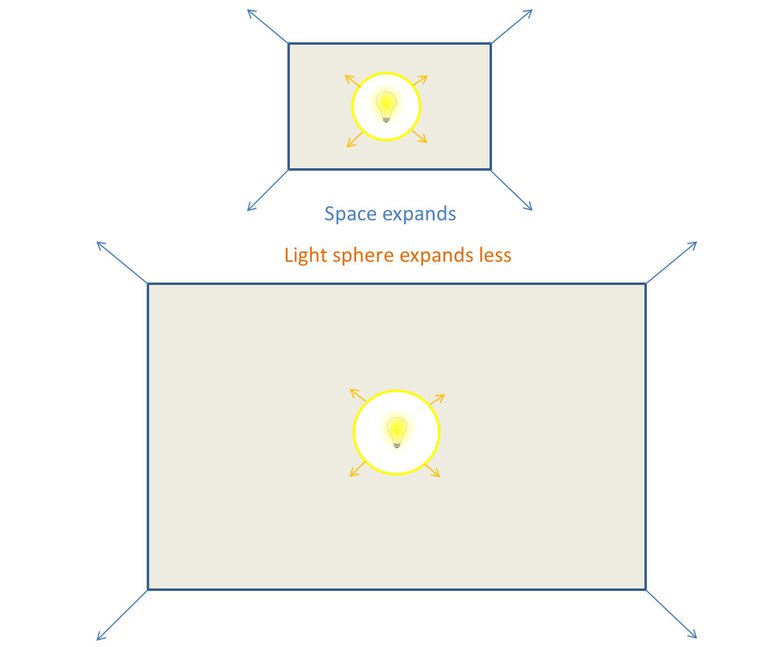Hi there. I do understand your question, and yes it is mind bending !
The inflation of space that occurred instants after the big bang was much much faster than the speed of light. So the light emitted from a given position could only reach a small fraction of that space. It describes a sphere around that point of radius (speed of light x time).

Today, this radius increases with time, but so does space (the universe is still expanding ).
In the same way, the light that reaches that point has covered the same distance, that is the radius of the sphere. So what we see from that point is light that was emitted from the surface of that sphere.
One question that I have is, is the CMB supposed to be a background signal originating from the edge of the full universe?
If so does it mean that our horizon is'close' to the edge of the universe?
The CMB corresponds to the limit of the volume of space we can observe, the Universe being measured 'flat' implies that this volume of space is most probably minuscule compared to the whole universe. This is actually the center of my argumentation about the potential illusion that is the matter/antimatter unbalance: we just cannot see far enough to gather enough data! Check out the next episode (it's just in my head right now, but it should be quite mind boggling too!).
I hope this clarifies things,
Be well
I think I'm starting to get the point about the CMB.
If I understand well the CMB that we observe was radiated billions of years ago.
But another civilization at the edge of our observable universe could be looking in our direction "right now" and make the same observation because the image that they would get is equally ancient.
The CMB thus shows us how the universe was like ~14bn years ago since that it the estimated distance to its source.
But if the entire universe is far greater than the observable universe, doesn't that mean that the universe could be much older than 14bn years?
In other words, how do we know that the CMB shows the state of the universe 'soon' after the big bang?
That's correct! for them, our location would be a point on their CMB!
Actually the distance of the source will be a little more due to the expansion of space in our observable universe during the 14 billion years of its existence. By taking it into account the rate of expansion (and considering it constant), it can be calculated that the radius of the observable universe is about 46 billion light years.
No, all sections of the entire Universe were born at the same time. Within the scope of eternal inflation, if two different points change state at a different time, that means that the space between these points would have inflated extremely during that time differential. These 2 points would become two different universes, completely disconnected, with maybe different values for the fundamental constants (yet, still the same laws of physics)... That is called the multiverse of level 2 - I'll probably write a series about this one day ;-). So to conclude, the entire universe in which we live in is 14 b years old.
The CMB shows the state of the universe 14 billion light years away from us (or 46 billion light years if we consider expansion), not beyond... hence my doubt about defining empirical theories on such a limited sample... It actually shows the state of that section (a surface) of the Universe 380000 years after the Big Bang...
Thanks!